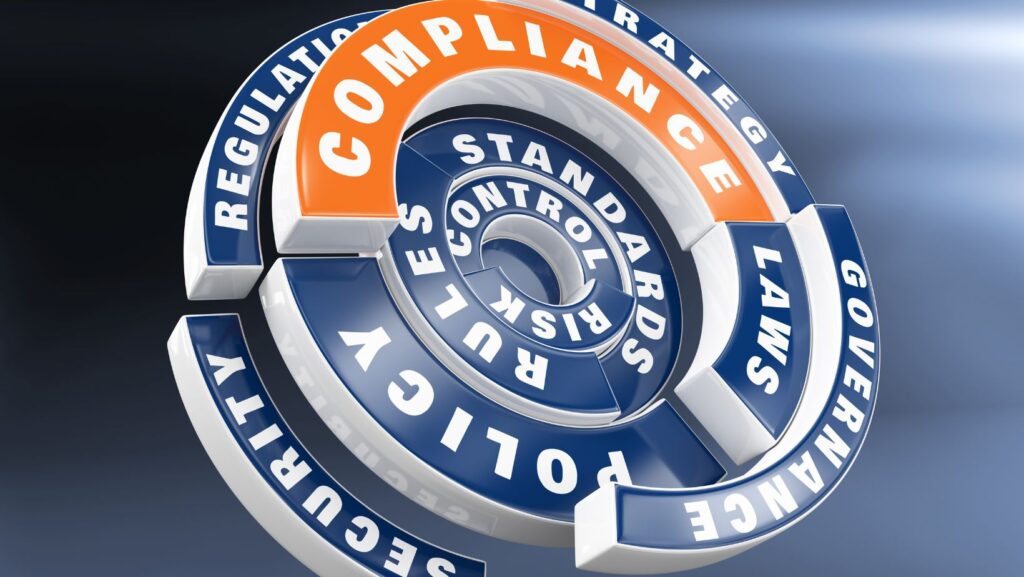TDY Travel Policies 101
Compliance and enforcement of TDY travel policies is a crucial aspect of any organization. As someone who frequently travels for work, I understand the importance of adhering to these policies to ensure a smooth and efficient process. In this article, I will provide you with a comprehensive guide to TDY travel policies, covering everything from compliance measures to enforcement strategies.
When it comes to compliance, organizations have specific guidelines in place to regulate TDY travel. These guidelines typically include rules regarding expense reporting, accommodation choices, transportation arrangements, and other related factors. By following these policies diligently, employees can help minimize risks and maintain transparency within their organizations.
However, compliance alone is not enough; enforcement plays an equally vital role in ensuring policy adherence. Organizations employ various techniques such as audits, monitoring systems, and regular assessments to enforce the TDY travel policies effectively. Understanding how these enforcement mechanisms work can empower individuals to make informed decisions while traveling for work.
In this article on “Compliance and Enforcement of TDY Travel Policies 101,” we’ll explore the ins and outs of TDY travel policies from both a compliance and enforcement perspective. Whether you’re an employee looking for guidance or an employer seeking ways to enhance your organization’s policy framework, this article will provide you with valuable insights into navigating the complexities of TDY travel regulations. So let’s dive in and unlock the secrets behind successful compliance and enforcement practices!
What is Compliance and Enforcement?
Compliance and enforcement are essential aspects of ensuring that TDY travel policies are followed and adhered to. Compliance refers to the act of conforming to the established rules, regulations, and guidelines set forth by an organization or governing body. It involves individuals strictly following the prescribed procedures and requirements in their travel activities.
Enforcement, on the other hand, involves the implementation of measures to ensure that compliance is effectively carried out. It includes monitoring, investigating, and taking appropriate actions against any violations or non-compliant behavior. The aim is to maintain accountability and promote a culture of adherence to the established policies.
In the realm of TDY travel policies, compliance plays a crucial role in achieving efficiency, transparency, and cost-effectiveness. By complying with these policies, travelers contribute to streamlined processes that optimize resources while minimizing potential risks or misuse of funds.
Enforcement mechanisms come into play when individuals fail to comply with the prescribed rules. This can involve various approaches such as audits, inspections, or reviews conducted by designated authorities or internal teams responsible for overseeing policy adherence. In cases where violations are identified, appropriate consequences may be applied based on the severity of non-compliance.
It’s important for organizations to prioritize compliance education and awareness programs so that employees fully understand their responsibilities and obligations while traveling on official business. By fostering a strong compliance culture through training sessions and regular communication channels, organizations can reduce instances of non-compliance and create a more robust framework for enforcing TDY travel policies.
In summary, compliance ensures that individuals adhere to established TDY travel policies, while enforcement holds individuals accountable for any violations or non-compliant behavior. These two elements work together harmoniously to foster a culture where policy adherence is prioritized and ultimately contributes to effective travel management within organizations.

Why is Compliance Important in TDY Travel Policies
When it comes to TDY (Temporary Duty) travel policies, compliance plays a crucial role in ensuring smooth operations and maintaining transparency. Let’s delve into why compliance is so important in this context.
- Clear Guidelines and Regulations: TDY travel policies are established to provide clear guidelines and regulations for employees or individuals traveling for work purposes. Compliance with these policies ensures that everyone is on the same page and understands their responsibilities, reducing confusion and potential misunderstandings.
- Financial Accountability: Compliance with TDY travel policies helps maintain financial accountability within an organization. By adhering to the designated procedures, such as obtaining necessary approvals, submitting accurate expense reports, and following set spending limits, organizations can effectively manage their budgets and prevent misuse of funds.
- Risk Mitigation: TDY travel often involves visiting different locations, which may expose travelers to various risks and challenges. Complying with travel policies helps mitigate these risks by ensuring that travelers receive proper training, follow safety protocols, and have access to necessary resources during their trips.
- Legal Requirements: Compliance with TDY travel policies also ensures that an organization meets legal requirements imposed by government authorities or regulatory bodies. Failure to comply might result in penalties or legal consequences for both the individual traveler and the organization itself.
- Consistency and Fairness: A robust compliance framework promotes consistency and fairness among all employees or individuals subject to TDY travel policies. When everyone follows the same rules and procedures, it fosters a sense of equality within the organization while minimizing favoritism or unfair treatment.


More Stories
How To Get Free CS2 Skins: All Legal Ways
What Are Sweeps Coins? An Introduction
The End of Console Generations: A Glimpse Into Gaming’s Future